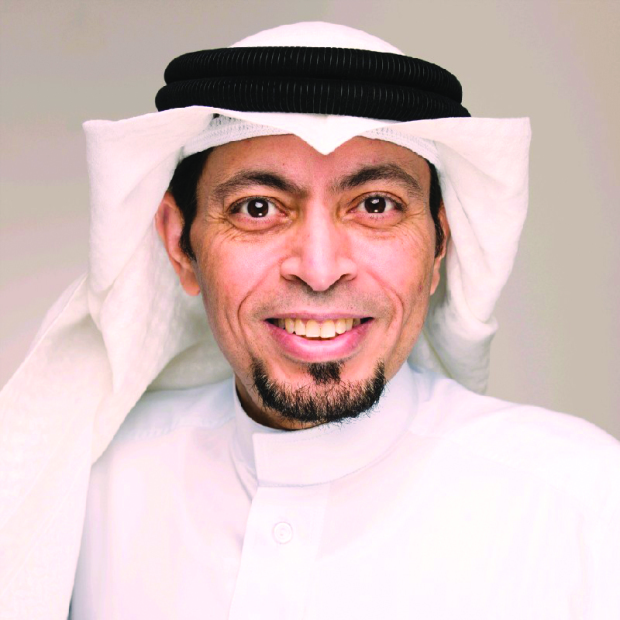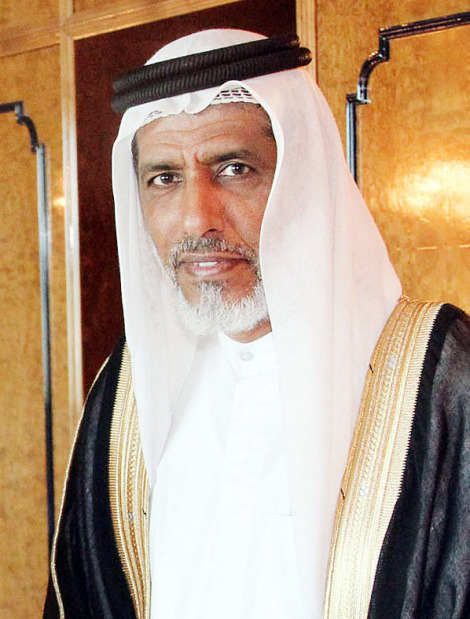PEOPLE suffering hereditary blood diseases, particularly Sickle Cell Anaemia, are being advised not to fast during Ramadan as it could endanger their lives.
Sickle cell disease, which is common in the region, is characterised by abnormal blood cells that take on a rigid, sickle-like shape. Sufferers are at risk for a variety of acute and chronic health issues, including infection, sickle cell crisis attacks and stroke.
Many sufferers passionately want to participate as fasting is considered by believers as a way to bring them closer to God but Bahrain Society for Sickle Cell Anaemia Patient Care president Zakareya Al Kadhem urged people to follow medical advice and not to feel they were letting anyone down.
“If a doctor has told a patient that he or she cannot fast, they should strictly follow the instructions, or else it is haram (forbidden by Islam),” he said.
Addressing the community beyond Bahrain as the chairman of the international organisation Amplify Sickle Cell Voices International, Mr Al Kadhem warned fellow-patients of the dangers of dehydration, which he predicted would be challenging as the holy month coincides with the start of summer in Bahrain.

Mr Al Kadhem
“Ramadan is a holy time leading to festivities, it is time of togetherness and happiness and being healthy is important,” he said. “Let us be wary of our health and our physical limitations before we decide to fast – let us not hurt ourselves and our dear ones, by taking a decision without proper medical advice.”
Temperatures in the country have begun to rise in recent days, with the highest reaching 38C. “Heat exposure is a major factor that can lead to dehydration, which is the number one enemy of sickle cell patients,” Mr Al Kadhem added.

Shaikh Al Jowder
Doctors advise sickle cell patients to stay hydrated to help reduce pain and complications, since most are already mildly-dehydrated as a result of their condition.
Mr Al Kadhem also recommended a balanced diet with lots of fruits and vegetables and more fibre, taken in small portions, instead of large quantities at a time. “This will maintain the energy level,” he added.
Sunni Islamic scholar Shaikh Salah Al Jowder also advised people with health conditions not to fast during Ramadan. “Muslims can skip their fast if they are sick or when they are travelling,” he told the GDN. “It is ideal that they take their doctor’s advice before fasting, especially those suffering from sickle cell, thalassaemia, cardiac conditions, diabetes and other chronic diseases.
“Some can also avoid continuous fasting by extending it beyond the month by carrying on at a slower pace to save their health. Sick people can also make up by donating money to charity, helping the poor or needy.”
More than 8,600 patients suffer from complications associated with the hereditary blood disorder in Bahrain.
The country has set up the Hereditary Blood Disorder Centre – a multidisciplinary clinic at the Salmaniya Medical Complex, a research centre and is also setting aside BD130 million annually to procure a revolutionary drug called Crizanlizumab (Adakveo) to be trialled in the kingdom.
The GDN reported in June last year that the life expectancy of SCD patients in Bahrain had risen from 42 to 65 years, with officials hoping it will soon reach 75.
raji@gdn.com.bh

&uuid=(email))